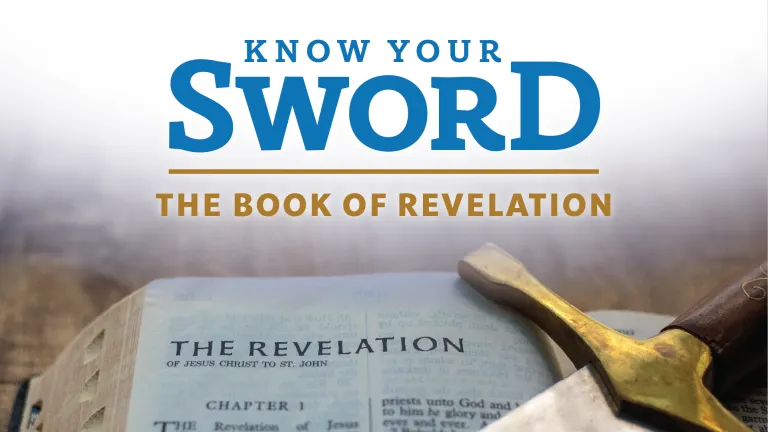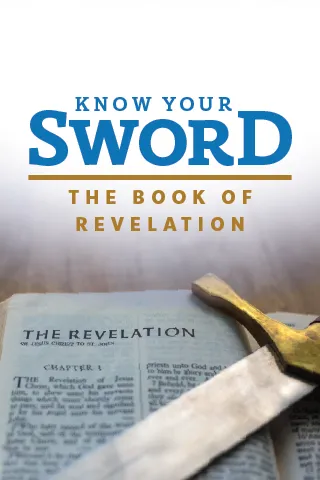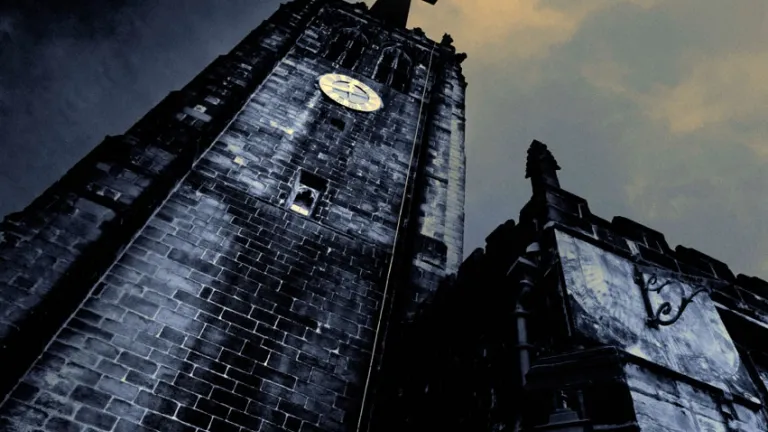Revelation Part 29

At this point we take a break from the seals and God does something very special. He puts a seal on those whom he determines do not need to experience the pain and suffering of the following seal, trumpets and bowls. The seal signifies God’s ownership, protection and the mark of His Spirit, just as the blood on the doorposts spared Israel during the first Passover.
Revelation 7 serves as a pause or interlude in the unfolding judgments. Just as a play might insert an interlude between acts, John here records a moment of divine delay before the seventh seal is opened. The four angels are told to hold back the four winds, which symbolize the catastrophic trumpet plagues that will soon come upon the earth. These winds, representing global upheaval—hail and fire upon the earth, destruction of the seas, rivers turned bitter, and the darkening of sun and moon—are restrained until God’s servants are sealed. The world is on the brink of radical change, yet God pauses the judgment for His purpose. John’s imagery of stillness—winds ceasing, waves calm, all noise gone—reminds us of the awesome silence when God commands creation itself to halt. It is as though heaven says, “May I have your attention, please,” before the final judgments are unleashed.
The Sealing of 144,000
An angel comes from the east, carrying the seal of the living God, declaring that the earth’s destruction must not proceed until the servants of God are sealed on their foreheads (Revelation 7:3) The seal signifies God’s ownership, protection and the mark of His Spirit. Just as the blood on the doorposts spared Israel during the first Passover, and just as the righteous in Ezekiel 9 were marked and spared from judgment, so too are these sealed ones protected. The seal is placed on the forehead—the seat of reasoning, planning and decision-making. God claims their minds, their allegiance and their identity. This mark stands in sharp contrast to the mark of the Beast, which identifies allegiance to the world’s system and rebellion against God. Scripture affirms that “the Lord knows those who are His” (2 Timothy 2:19), and this seal is a visible testimony of that truth.
Being sealed means belonging fully to Christ, trusting Him for redemption, forgiveness and deliverance. Ephesians 1:13–14 describes the Spirit as the guarantee of our inheritance until final redemption, and Romans 8:14–17 calls believers heirs with Christ, sealed with the Spirit of promise. God’s seal assures His people that His wrath will not touch them, even though Satan’s wrath may. Revelation 3:10 assures those who persevere that Christ “will keep them from the hour of trial that is coming upon the whole world.” In other words, God’s judgment is not for His faithful children; His seal preserves them through what lies ahead.
The Identity of the 144,000
In Revelation 7:4 John describes 144,000 sealed from the tribes of Israel, 12,000 from each tribe. There are different interpretations of what this means. Some take this literally as ethnic Israel, preserved during the tribulation. Others see it symbolically, representing the fullness and completeness of God’s people—12 (the number of tribes) multiplied by 12 (the number of apostles), multiplied by 1,000, symbolizing completeness. Revelation itself is full of symbolic numbers: 12 gates, 12 foundations, 12 pearls, 12 angels.
The ordering of the tribes in verses 5-8 is unique, omitting Dan and Ephraim (both historically associated with idolatry), while including Levi and Joseph in unusual ways. Each tribal name carries symbolic meaning—Judah (praise), Reuben (behold a son), Gad (troop), Asher (happy), Naphtali (wrestling), Manasseh (causing to forget), Simeon (hearing), Levi (joined), Issachar (reward), Zebulun (dwelling), Joseph (adding), Benjamin (son of the right hand). Together, the names tell a story of God’s redemptive plan: praise, sonship, struggle, joining, reward, dwelling, addition, and final exaltation. We do know that God is not finished with the nation of Israel as Romans 9–11 reminds us. He has a future purpose for His people, both literal and spiritual.
We also know that the Church of God today is no longer defined by physical descent from Israel but by spiritual identity in Christ. Scripture shows a clear transition from a nation tied to genealogy to a people called out by faith. Jesus Himself declared in Matthew that the Kingdom of God would be taken from the physical nation and given to a people producing its fruits. In Matthew 16:18, He established His Church, moving from the Old Testament priesthood to the New Testament body of believers. By the Great Commission in Matthew 28:19, the call was extended to “all nations,” showing that God’s family would not be limited to bloodlines but would encompass people from every background.
Paul reinforces this truth in Galatians 3:26-29, declaring that all who are in Christ are heirs of the promise regardless of lineage. Ethnic and class distinctions no longer define the people of God. What matters is faith in Christ, expressed through repentance and baptism. In Galatians 6:15–16, Paul describes believers as a “new creation,” the true “Israel of God,” made up of those who walk according to the Spirit. Likewise, in Ephesians 2:11–13, Paul reminds the Gentiles that although they were once “uncircumcised” and separated from the covenants, they have now been brought near through the blood of Christ and made one with the household of Israel. This new Israel is not built on fleshly descent but on spiritual adoption. Ultimately, God knows His people, preserves a remnant, and marks them for Himself.
UYA Team | uya@ucg.org
United Young Adults (UYA) primarily serves the 18–32-year age group for the United Church of God. There are three main areas of contribution to the lives of the young adults: Promoting Spiritual Growth, Developing Meaningful Relationships and Making the Most of Your Talents. The Know Your Sword series is a daily expository message introducing God’s Word from a trusted perspective.


![Like the tiny sparrow that does not fall to the ground “apart from [the] Father’s will,” not even the least of us escapes His loving attention and personalized care. A sparrow sitting on a old fence post.](/sites/default/files/public/styles/fp_widescreen_768x432/public/image/article/2009/02/01/this-is-the-way-walk-in-it-144000-promise-kept.jpg.webp?h=790be497&itok=Vge5Hrf7)

